Arizona’s Empowerment Scholarship Account (ESA) program is at a crossroads. Serving over 70,000 students, the program empowers families with funding they can direct for their kids’ diverse educational needs, including private schooling and online programs. A new report from Common Sense Institute Arizona and yes. every kid. foundation. suggests that it’s time for significant changes to the program’s administration.
The ESA Dilemma: Oversight vs. Innovation
The program’s current oversight model risks transforming it from a liberating tool for families into an overregulated system. This model places undue burdens on parents, deviating from the program’s original intent.
Redefining Accountability and Flexibility
The authors call for a shift: from excessive regulation to trusting parents’ judgment in their children’s education. To that end, they offer several principles to guide policymakers in crafting programs with a family-centered mindset.
- Parent-Centric Approach: Recognize parents as the best judges of their child’s educational needs. Policies should empower parents, not impose additional justifications on their choices.
- Flexibility in Funding: Ensure ESA funds cover ordinary educational goods and services, remaining neutral on the learning environment.
- Rethink Oversight: Shift from micromanaging individual transactions to an annual program expenditure review, complemented by randomized audits.
To enhance the ESA program to better serve families, authors point regulators to implement several specific reforms:
- Freedom to Choose: Empower families to buy a wide range of educational goods and services from various sources, not just through a closed platform.
- Simple Safeguards: Implement regular audits to monitor transactions, while continuing to prevent egregious misuse.
- Risk-based Compliance: Focus compliance on accounts based on factors like time in the program and transaction patterns.
Overall, the report highlights the need for a balanced approach in Arizona’s ESA program as it stands at a pivotal point.
By adopting these recommendations, state policymakers can preserve the intent of ESAs, ensure effective use of public resources, and most importantly, trust parents to make the best educational choices for their children.
Read the full report, co-authored by Glenn Farley, director of policy and research at Common Sense Institute Arizona, and Whitney Marsh, director of policy operations at yes. every kid. foundation. on commonsenseinstituteaz.org.
